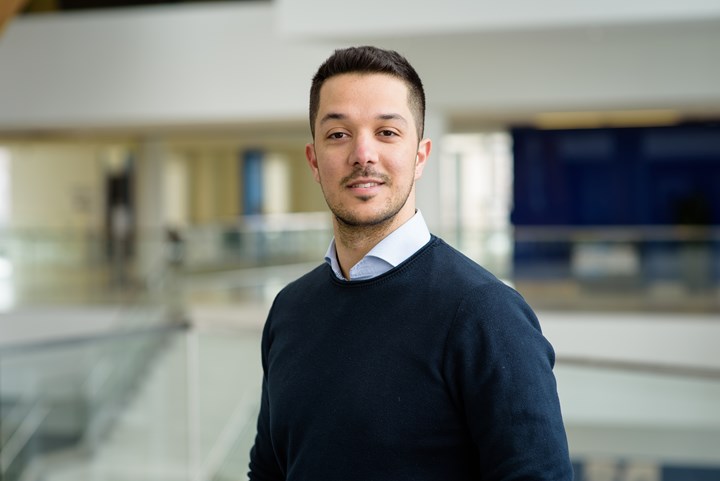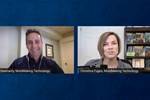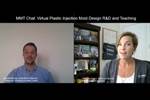Global Perspective on Next-Generation Mold Engineers
An assistant professor for a university plastics program summarizes a global panel discussion on the next generation of mold builders and engineers.

Current EAB member Davide Masato shares some recruiting and training strategies from around the globe.
The International Committee of the Mold Technologies Division of the Society of Plastics Engineers (SPE, Detroit, Michigan) hosted its first event in April 2021 to discuss workforce development in the moldmaking and engineering industry. The panel discussion provided a global perspective on the next generation of mold builders and engineers. Invited industry speakers from different countries, industries, roles, age groups and backgrounds provided great insight on strategies and shared their perspectives. Here are three questions that discuss recruiting and training strategies.
- Do profiles on your local job market match your company's needs and expectations?
- Challenges to find hires from technicians to engineers.
- Issues with replacing retiring employees and motivating the young people to get into manufacturing.
- Not enough people are being educated as toolmakers, with big companies attracting all the best talents. The shortage is also for engineering jobs.
- It takes months to years to fill positions, universities are more focused on metalworking, mold design for injection molding courses are challenging to find and teachers need to engage students early.
- What are the challenges when searching for a new skilled workforce? What are the hiring strategies that have been working for your company?
- Advertise to underrepresented communities and find strong candidates that are willing to relocate. Military veterans, and remote workers from international locations have been great resources.
- A global workforce better addresses the wide range of educational needs in manufacturing. This requires language skills, company culture to onboard international candidates and resources to help bring people up to speed.
- Need to promote industry culture and manufacturing “cool” factor. Companies effectively contributed to the students’ education through participation in SPE events as judges.
- Hard to find someone that checks all boxes, hence the importance of meeting some critical aspects and then focus on training and development. It is important not to focus only on the technical skills but the mindset. New hires can be motivated by new technologies, such as simulation or additive manufacturing (AM).
- What are the training and educational strategies you have implemented to develop your new hires and foster the growth of current employees?
- Customized training and mentoring are necessary because the more is invested in the new hires, the more companies can get back from them.
- Importance of experiences on the shop floor and program management skills for people working in engineering positions.
- The company should help new hires creating a network within the company.
- Individualized onboard training based on a new hire’s background. Technical training for non-technical jobs have helped company culture.
Related Content
-
Generational Quality: Balancing Tradition, Innovation and Continuous Improvement
Q&A with Corey Fox, an MMT EAB member and Operations Manager at Accede Mold and Tool.
-
How to Balance Roles, Integrate New Talent and Embrace Industry 4.0
What follows is a Q&A with Isaac Trevino, an MMT EAB member and Best Tool and Engineering (BTE) Business Development Manager.
-
Editorial Advisory Board 2023-2026: Meet New Board Member Mike Close, SMC Ltd.
The 2023-2026 version of MoldMaking Technology’s EAB features a new crew of industry professionals. Here’s one of them.












